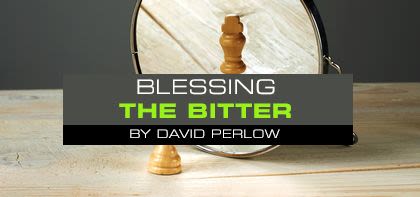
Blessing the Bitter
Rav Shalom Arush teaches that we must learn to make a blessing when the bitter times of life arrive, because they are an unavoidable, integral part of life…

The hardest part about rewiring my brain’s hard drive for Emuna is ridding myself of the ego. In other terms, thinking that I know better than God what is good for me.
Life is like a roller coaster. You sit in the chair harnessed in and climb to great heights at super slow speed, you have no control over where you are going, you are just enjoying the ride, or are totally freaked out. Then in a split second you are soaring down at great speed and being tossed all about. In life, we have our own roller coaster. God is specifically tailoring the ups and downs for our own spiritual soul correction. The only real choice that we have in all this is to be happy or not and in essence, let God do His thing.
As Mick Jagger from the Rolling Stones said, “You can’t always get what you want.” In Jewish religious law, however, we are supposed to be just as happy when things go our way and when they do not. We are even supposed to make a blessing for the “bad” situation. When I first heard of this concept it sounded like Rabbi-speak or something for people who can do hitbodedut (personal secluded prayer) for hours on end and daven like Eliyahu the Prophet. But what about me, David from Scottsdale – the bouncer/model-new-to-Judaism dude?
Let’s go back in time to our last Passover. During the festive meal, there is a part of the evening where we eat bitter herbs. The herbs remind us of the hard times our people encountered such as slavery and the killing of our babies. To this day we eat the herbs and we thank God for we being free and able to serve Him. But here is the catch: we say a blessing when eating these bitter herbs. Meaning in essence we appreciate the difficulties we went through, although they were excruciating, because this is what led us to being a nation.
In other words, God commands us to go through moments in life that are bitter. That is the point of the Passover meal called ‘seder’ – (order): to arrive at the awareness in our hearts that only He is ‘m-seder’ (organizes) everything. This includes the bitter moments in our personal lives as well as in our collective nation’s history. All is for an eventual good and directed purposefully from God. The meaning of the bitter herbs in our day-to-day life is to indeed bless. When we encounter difficulty, failure or anything that upsets us we give thanks for it because we remind ourselves that there is a creator doing things for the good; we just cannot understand it in the midst of a test.
To think that everything is bad is to say that God is bad and that God needs to change His ways. It’s to say that essentially you know better than Him. Our job in this world is to get closer to Hashem and look for His message when we have bitter moments. Pressure builds muscle, tests build the soul.
Many of us harbor thoughts that God is going to rebuild the universe for us so that we will never have another challenge in our life. But such thinking is totally mistaken. God gives us the challenges to apply our trust in Him and grow stronger.
Rabbi Arush says that we need to anticipate these “setbacks” because they will come. They happen to everyone. No one has it 100% perfect every day. Even the king of Emuna in this generation has set backs. Rabbi Arush lost a baby granddaughter only recently and in the past few years has been extremely ill. Do we understand this? Shouldn’t he have it completely rosy and easy? Well God thought otherwise. But did the Rav crawl underneath a blanket and give up on everything? No way! How? Because he was always working on his Emuna. So when a setback occurred, as they do, he was able to apply what he teaches. Also in the past few years Rabbi Arush has produced dozens of CD’s, at least another three books and continues to travel the world spreading the light of true belief in God.





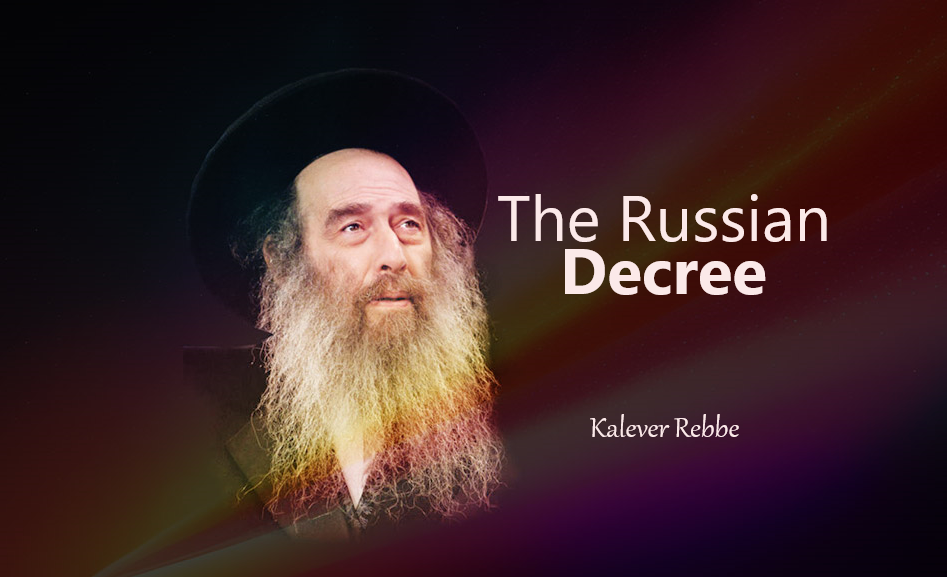
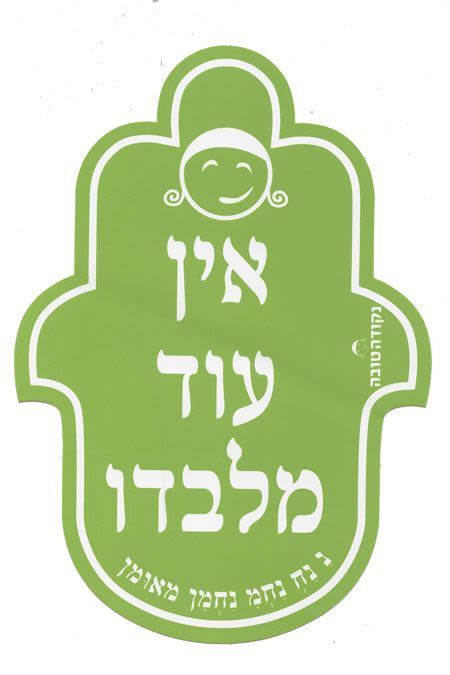


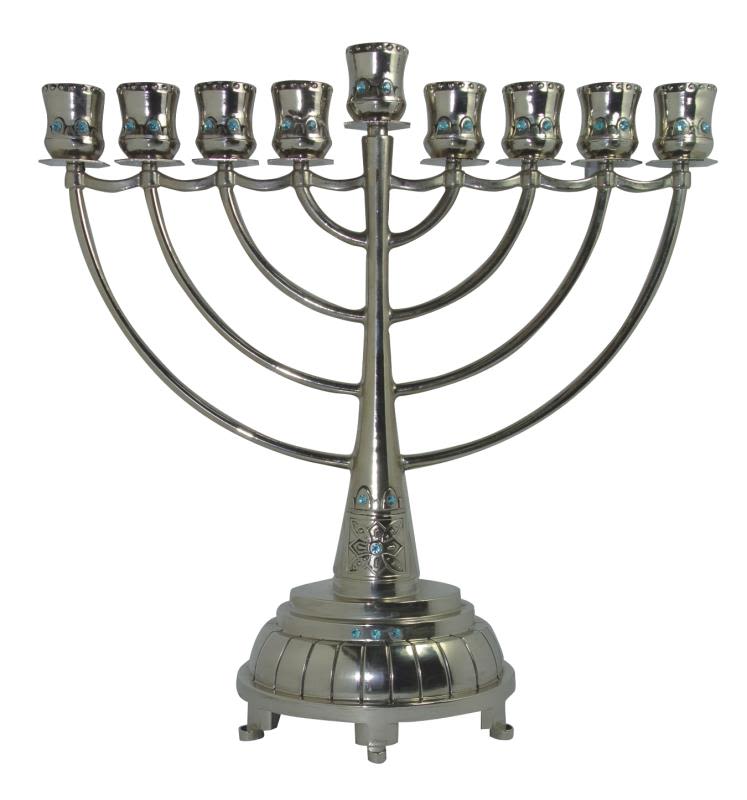
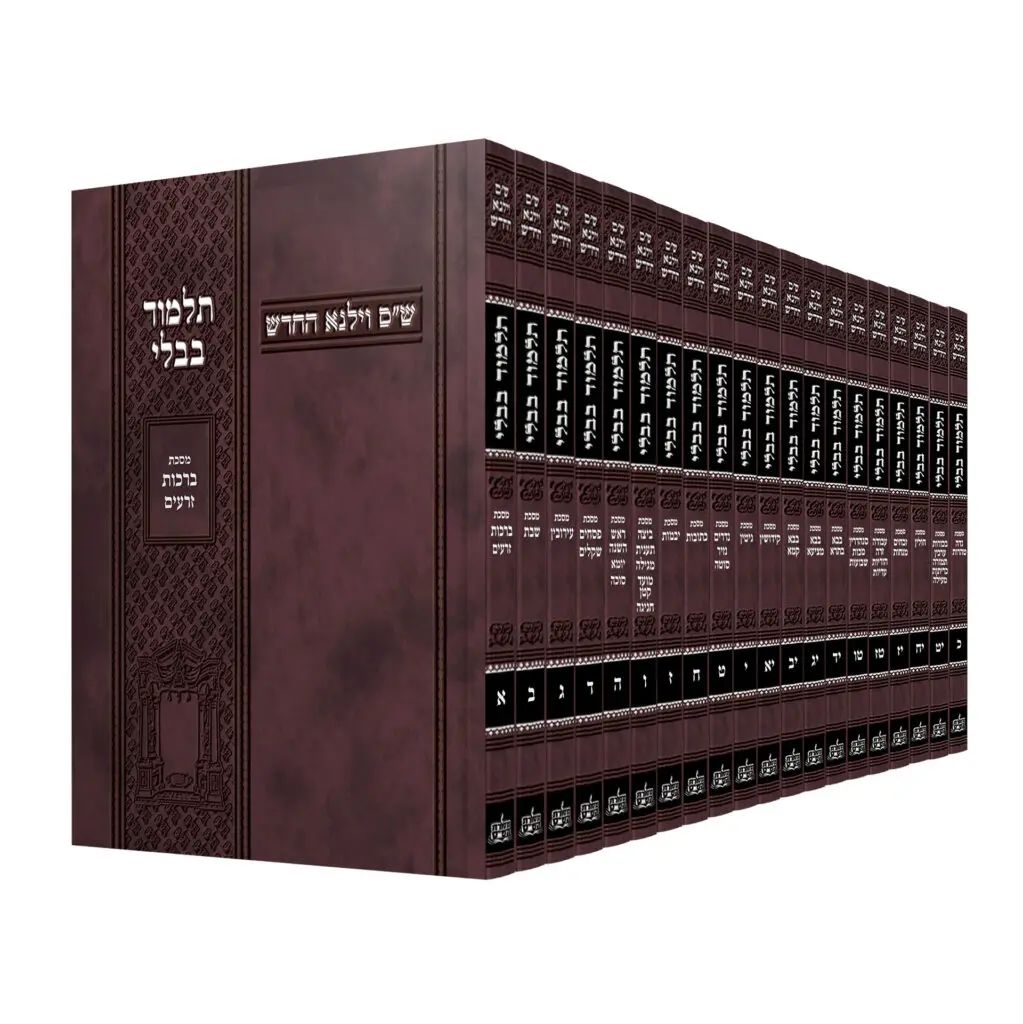
Tell us what you think!
Thank you for your comment!
It will be published after approval by the Editor.